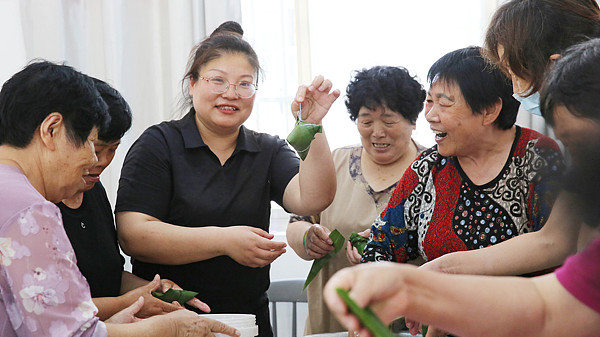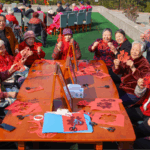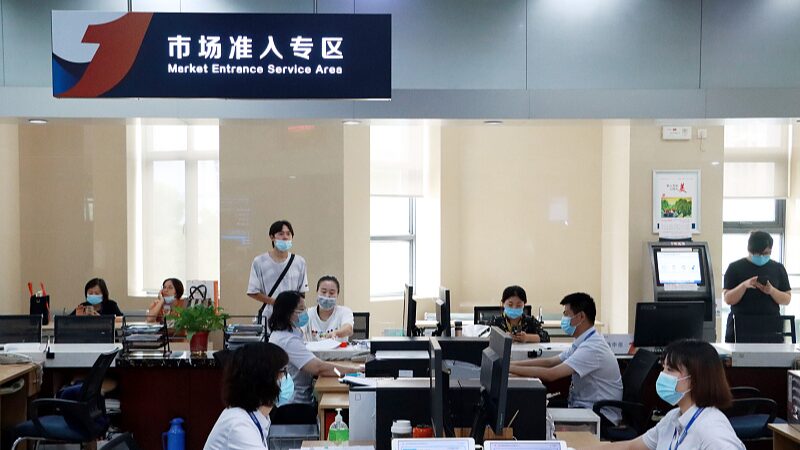As China's population ages at an unprecedented rate, a new national guideline is redefining what it means to grow older in the world's most populous country. With over 310 million residents aged 60+ – equivalent to the entire US population – authorities are implementing innovative strategies to keep seniors socially active and economically engaged.
From Silver Volunteers to Lifelong Learners
The recently launched multi-department plan builds on successful programs like 'Silver Age Action,' which has mobilized elderly volunteers for 7 million community service activities since 2003. Retired doctor Yang Hong, 71, exemplifies this shift: 'Attending senior university transformed my retirement into a journey of music and traditional medicine studies.'
Economic Imperative Meets Social Innovation
With 20 million students enrolled in senior education programs and new policies gradually raising retirement ages, China is positioning its elderly population as vital contributors to national development. 'Seniors are a social asset, not a burden,' emphasizes Professor Yuan Xin of Nankai University, highlighting how these measures support both individual fulfillment and broader modernization goals.
Redefining Golden Years
From senior-friendly tourism to tailored sports events, the initiatives reflect changing attitudes among China's older adults. Beijing resident Chen Ying, 65, captures the spirit: 'I now spend less time scrolling phones and more connecting with society.' As life expectancy rises, these programs aim to create meaningful post-retirement pathways for what officials call 'the new chapter of life after 60.'
Reference(s):
cgtn.com








